A practice for heat adaptation in three of Vienna’s hottest areas converted urban streets to Cool Streets, offering water mist sprayers, seating, and neighbourhood-fostering features for four weeks.
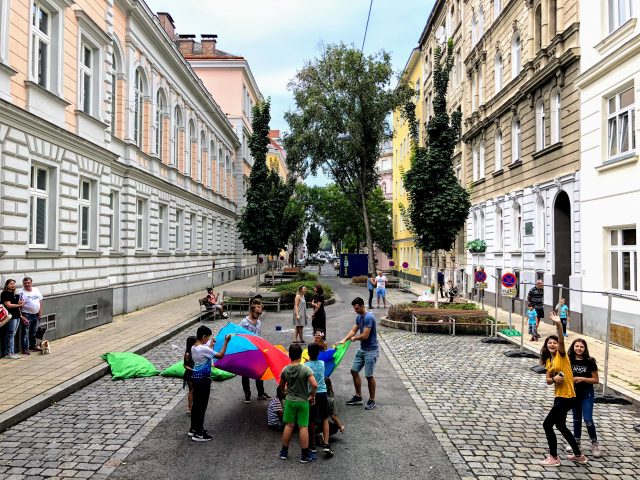

A practice for heat adaptation in three of Vienna’s hottest areas converted urban streets to Cool Streets, offering water mist sprayers, seating, and neighbourhood-fostering features for four weeks.
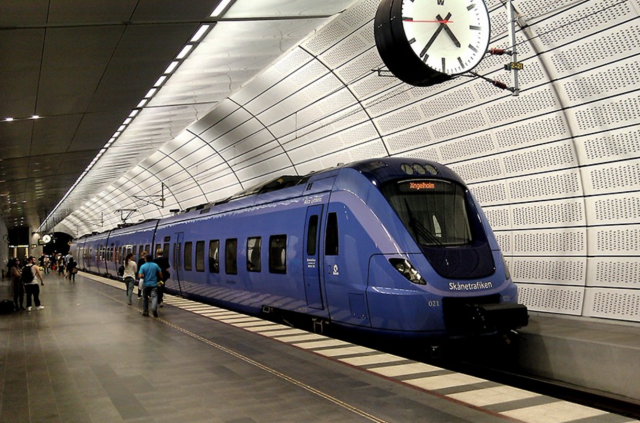
Biogas and fossil-fuel free electricity now power public transport for 1.3 million people in the region around Malmö, significantly reducing carbon emissions.
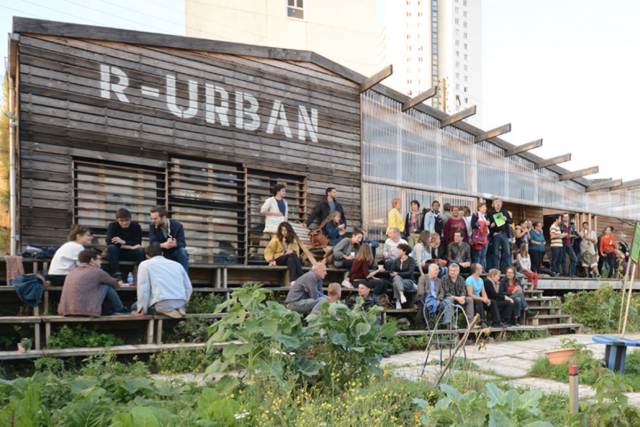
This initiative looks to strengthen urban adaptability to climate change, build social resilience, create new green jobs, and connect municipalities with a hands-on attitude.
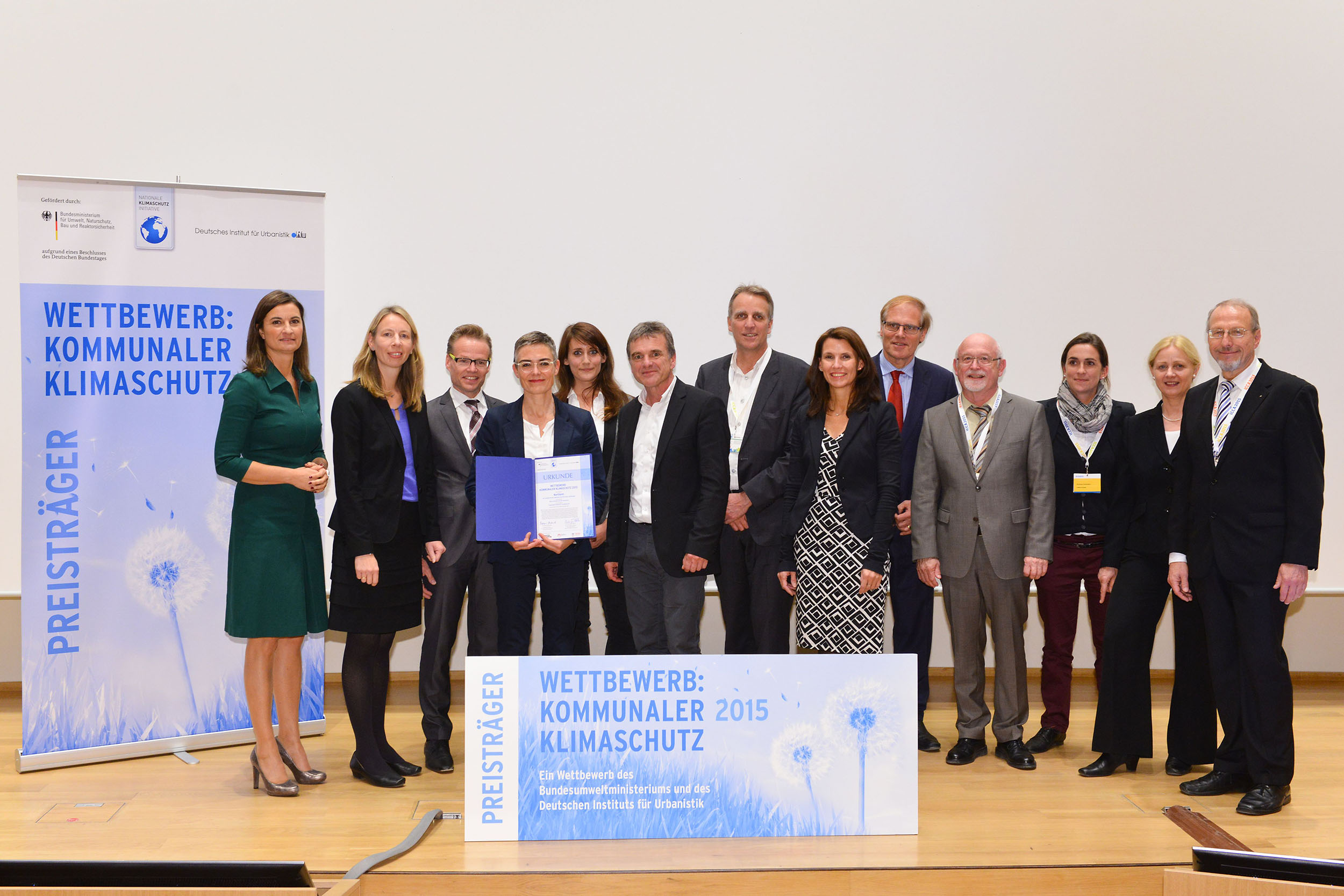
Villages and private households compete to find the most effective energy-saving measures, and to reduce carbon emissions.
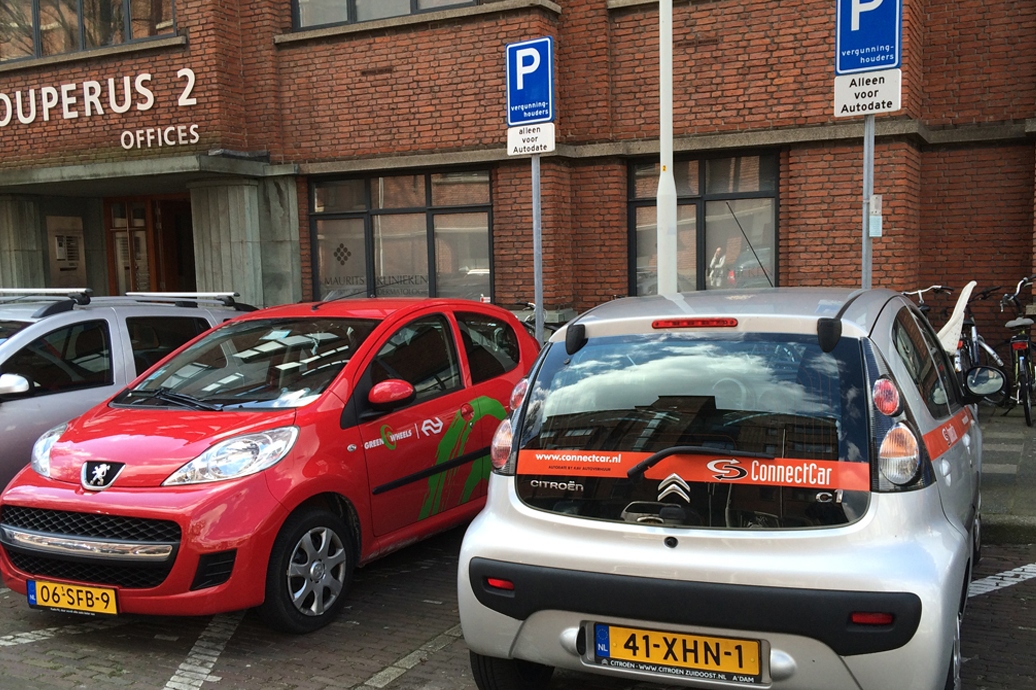
A system in the Hague supports neighbourhood sustainability projects, by providing financial support and advise.
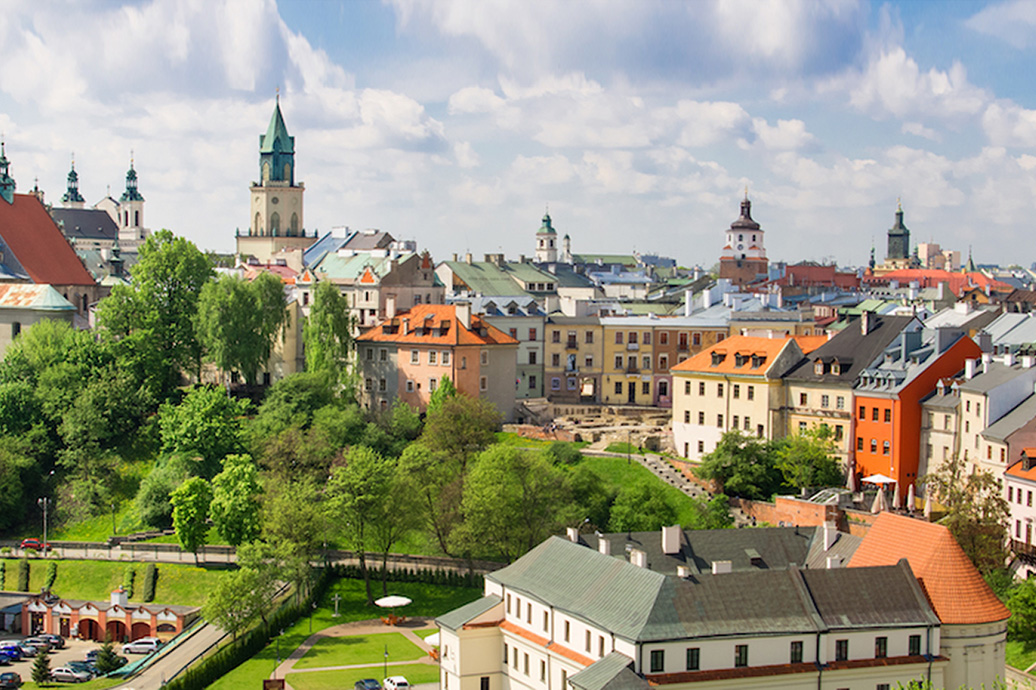
A citizen budget in Lublin is dedicated to the allocation of new green spaces throughout the city, developed and chosen by citizens.
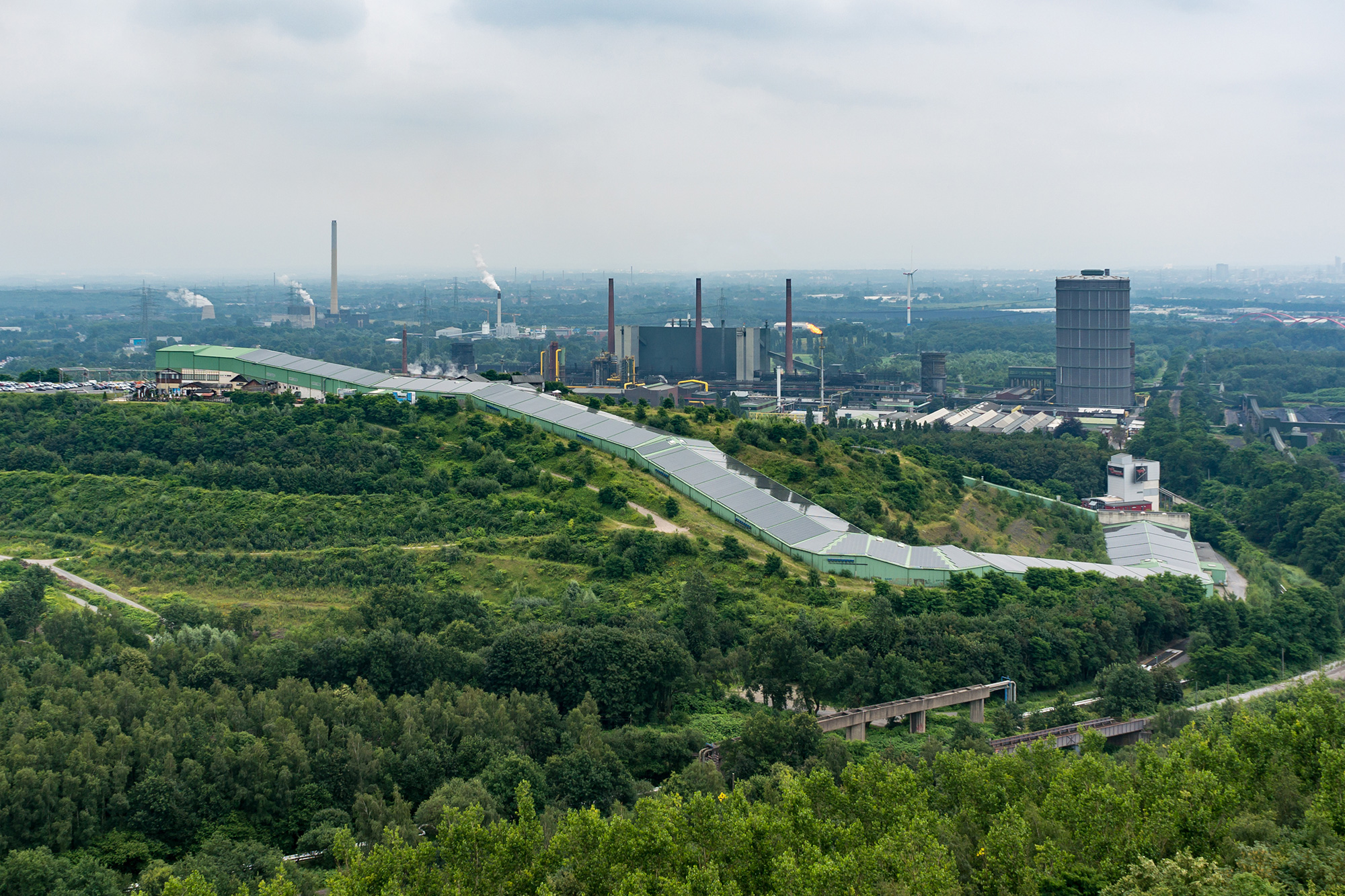
Bottrop pledges to reduce carbon emissions by fifty percent in ten years using an InnovationCity master plan bound to spread in the region.
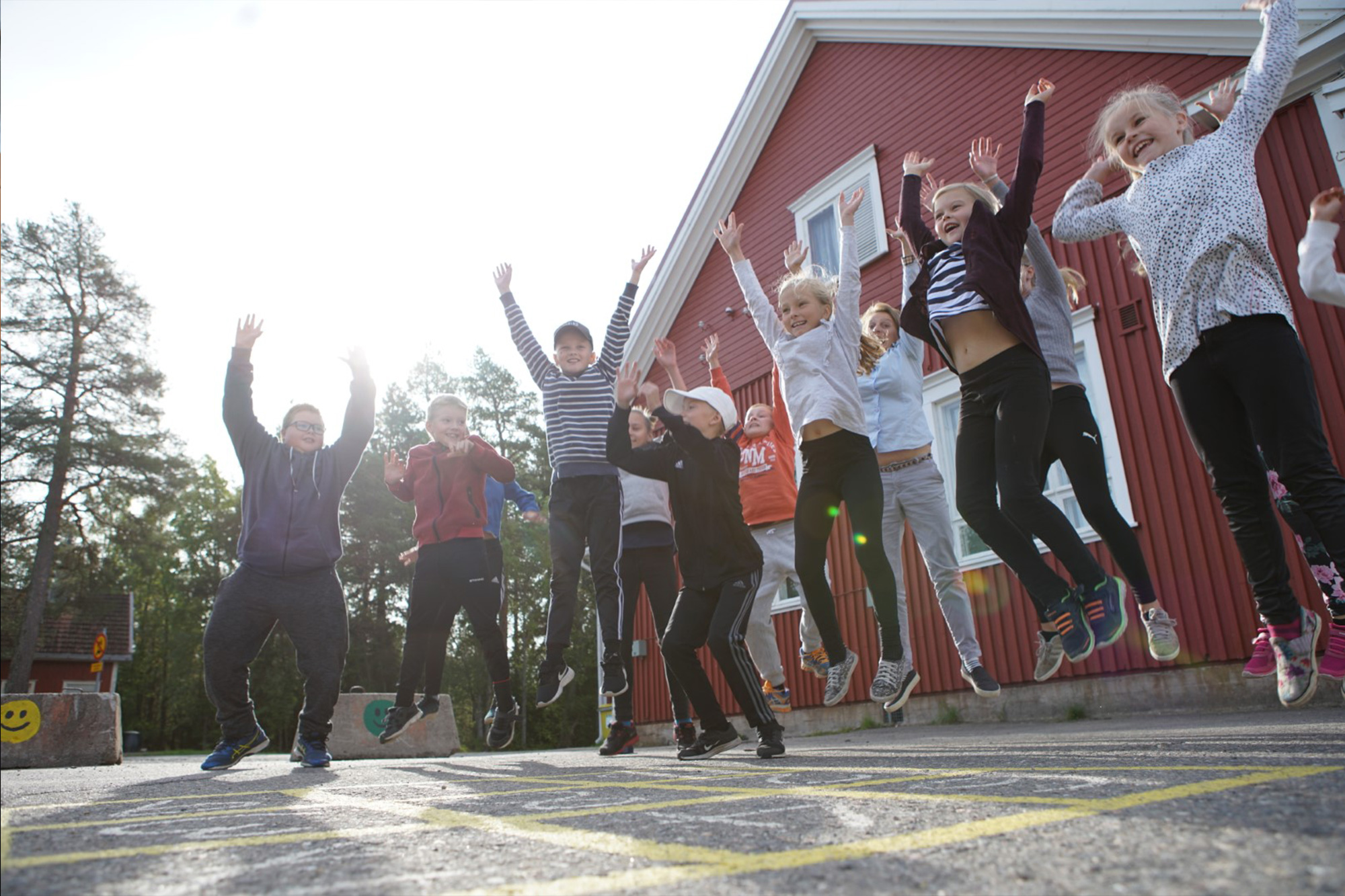
A culture of responsibility around climate change is created in a small town through local, climate-friendly actions.
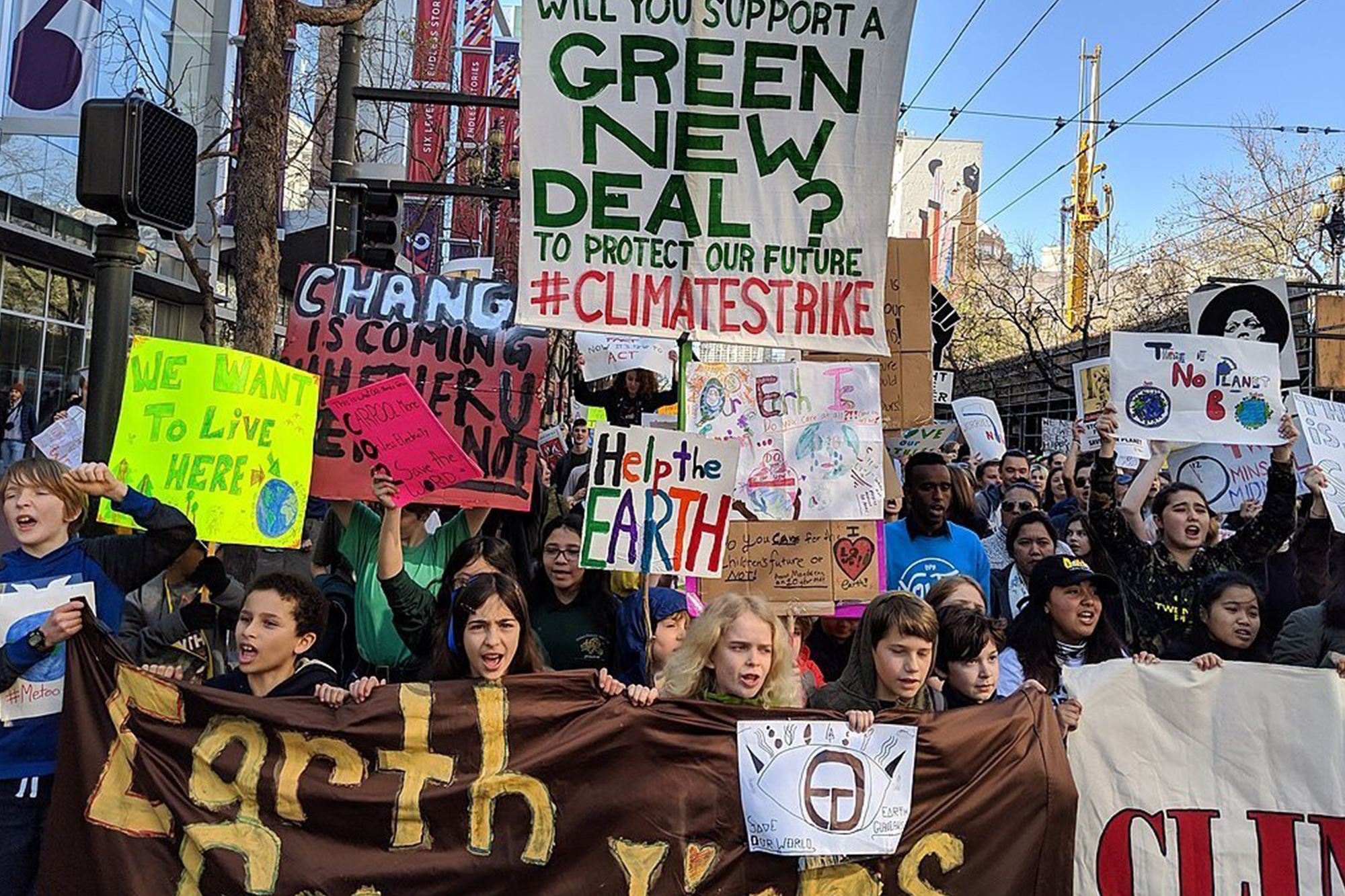
Councils across the UK declare climate emergencies and work together in response to the climate crisis with carbon literacy training, green transport, solar power farms, and tree planting.
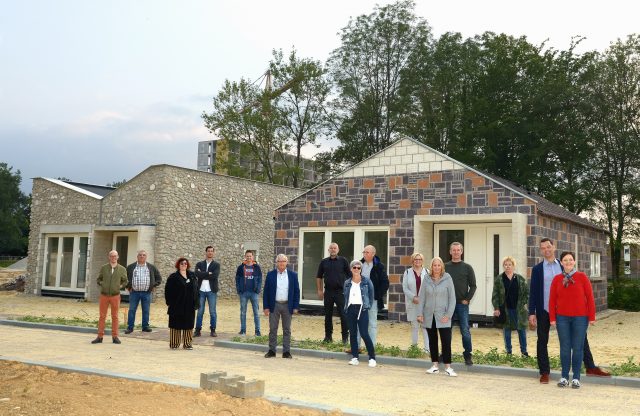
Outdated high-rise buildings are deconstructed and the recovered materials reused to build sustainable, modern social housing units, with low carbon footprints.